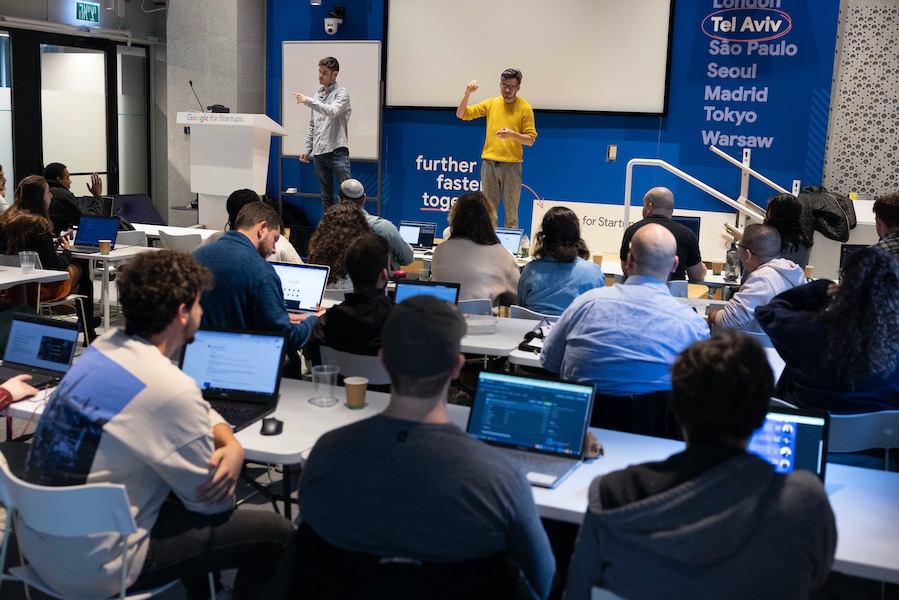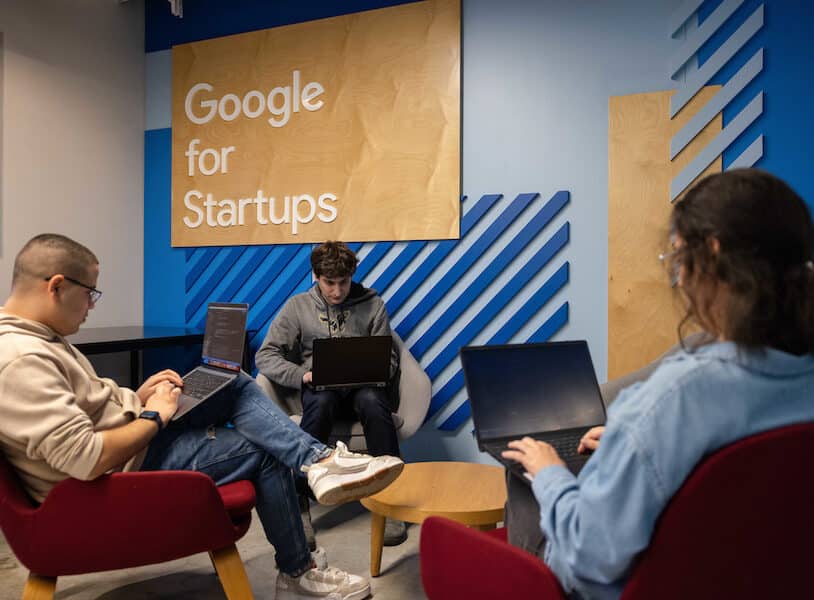The course will examine the changes traditional marketing has been going through to adapt to a digital landscape and the impact on marketing advertising and branding strategies: media fragmentation, social networks, multi-screen devices, and technology empowered consumers, which all have created new challenges for marketers. Therefore, we aim to equip our students with a hands-on proficiencies and knowledge, relevant vocabulary and additional skills that will enable them to apply for entry level positions in marketing (Product Marketing, Marketing automation, Junior brand manager, ecommerce marketing, partnership manager, account manager, Head of organic growth, SEO, PPC managers, Content Partnership – and much more). Upon completion of the course, the participants will master the toolkit for various performance campaigns across devices, channels, and platforms, including targeting and optimization. In addition, they will acquire the most updated knowledge regarding the strategic fundamentals, methodologies and view of the marketing process and its role in the company’s success.









